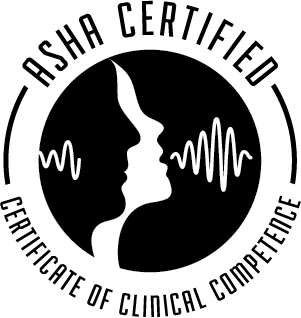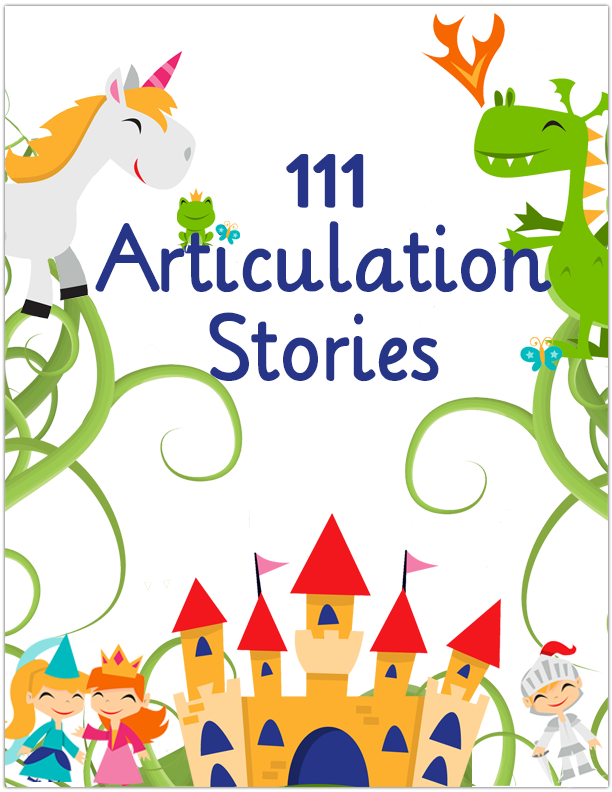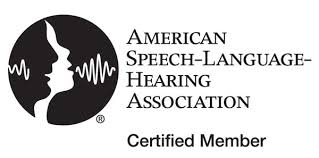Recover From Stuttering? Is That Possible?
Ever wonder what makes someone more or less likely to recover from stuttering?
Well here's your answer.
Through research Speech-Language Pathologists have found that the following factors give a person who stutters a higher chance to recover or make more progress.
This is called a favorable prognosis.
SEE ALSO: Crush Therapy Goals with the All in One Printable Flashcards
Good Indicators for the Preschool Child
- Therapy starts before the child has developed fear and avoidance reactions
- Good parent support and active participation in treatment
- The child has not been stuttering very long
- Negative reactions to stuttering have not happened very often
- The child is not very aware that speaking is more difficult
- Disfluencies are more easy and bumpy repetitions, not fast and tense yet, and there are little or no prolongations and blocks, no secondary behaviors
- Child’s cognitive or intellectual potential is normal or above average.
Good Indicators for the School-Age Child
- No previous unsuccessful treatment
- A cooperative/supportive family
- Good interdisciplinary team
- More severe stuttering pattern (a child that speaks more openly and is willing to work through stuttering is more likely to recover, while a child with a less severe diagnosis probably has avoidance behaviors which hide stuttering and make treatment more difficult)
- More positive self-concept
- No other problems (like a learning disorder, reading problems, or a language/articulation disorder)
- Regular and intense treatment
SEE ALSO: The Best Free App for Speech Therapy
Good Indicators for Adolescents & Adults
- No previous unsuccessful treatment
- Cooperative / supportive family
- Good interdisciplinary team
- More severe stuttering pattern
- (This is because someone who speaks more openly and is willing to work through stuttering will make more progress, while someone with a less severe diagnosis probably has avoidance behaviors which hide stuttering and make treatment more difficult)
- No other problems (like a learning disorder, reading problems, or a language/articulation disorder)
- Positive motivation and attitude
- Timing of therapy and the personal choice to start therapy
- Committed to goals that they planned and scheduled with the help of a Speech-Language Pathologist
- Personality that is okay with making mistakes and can provide their own reinforcement/praise
- Positive yet realistic expectations
- Speech-Language Pathologist’s attitudes and expectations from therapy
(Shapiro, 1999)
You might also like:
Special Deals and Activities, Oh My!
Sign up for Terrific Therapy Emails
Your information is 100% private & never shared.





























